Frequently Asked Questions
1. What is the historical significance of pocket knives?
2. Which historical figures are known for using pocket knives?
3. How did Thomas Jefferson view his pocket knife?
4. What role did George Washington's pocket knife play in his leadership?
5. What should I consider when choosing a pocket knife for everyday carry?
Throughout history, pocket knives have been more than just tools; they've symbolized practicality, craftsmanship, and, sometimes, revolution. Many notable figures renowned in various fields have found the humble pocket knife indispensable. In this article, we will explore some historical figures famous for their pocket knives, emphasizing their impact and the enduring legacy of EDC knives in our lives today.
The Utility of Pocket Knives in History
Before delving into the specific individuals who have made their mark with pocket knives, it's essential to understand the utility and symbolism of these tools. Pocket knives, or EDC (Everyday Carry) knives, have served countless purposes throughout history, including:
- Everyday tasks, such as cutting and opening.
- Survival tools in wilderness adventures.
- Crafting tools for creators and artisans.
- Symbols of personal style and craftsmanship.
It’s not surprising that many historical figures have been seen wielding pocket knives, as they embody practicality and innovation.
Thomas Jefferson: The Diligent Statesman
One of the founding fathers of the United States, Thomas Jefferson, is celebrated not just for his political achievements but also for his wide range of interests, including architecture, science, and philosophy. Jefferson was known to carry a knife with him always, considering it an essential tool for his daily activities.
Craftsmanship Meets Utility
Jefferson's pocket knife was often a finely crafted piece featuring a smooth wooden handle and a sharp blade. His appreciation for quality craftsmanship mirrored his belief in liberty and democracy. He often used his knife to whittle or create small objects, showing how even great minds benefit from the simple utility of a pocket knife.
General George Washington: The Revolutionary Leader
As the first President of the United States and a key military leader during the American Revolution, George Washington relied heavily on practical tools on and off the battlefield. Known to carry a pocket knife with him, Washington utilized it in various situations from repairing equipment to cutting rations.
The Symbol of Preparedness
For Washington, an EDC knife was not just a tool, but a symbol of preparedness in the face of colonial challenges. It reflected his pragmatic approach to leadership, teaching us that being well-equipped is essential for any endeavor.
David Bowie: The Iconic Musician
Moving with time, we find a slightly different figure who also cherished the pocket knife—a cultural icon like David Bowie. Emblematic of change and creativity, Bowie was known for his avant-garde style and willingness to push boundaries. His love for pocket knives was well documented, often favoring them for creative expression and everyday practicality.
Knives as Artistic Expression
Bowie's pocket knife was not simply a tool; for him, it served as a metaphor for transformation. Just as he transformed music and fashion, his choice of EDC knives reflected his attitude toward life—always ready for a new experience or challenge.
Mark Twain: The Literary Genius
Mark Twain, one of America’s greatest writers, was another figure who had an affinity for pocket knives. Known for his wit and humor, Twain appreciated the myriad uses of a pocket knife. Whether it was for opening letters or sheer amusement during bouts of boredom, his knife was often by his side.
A Writer's Best Friend
Twain's use of pocket knives illustrates how even literary giants find joy in the simple things. The EDC knives served as reminders that creativity often blooms from ordinary experiences. His much-loved pocket knife was a representation of the adventurous life he often described in his works.
Abraham Lincoln: The Emancipator with a Practical Edge
Our next figure in this exploration is none other than Abraham Lincoln, the 16th President of the United States. Known for his role in abolishing slavery and his leadership during the Civil War, Lincoln was also a practical man who utilized a pocket knife in various aspects of his daily life.
The Multi-Functional Tool
Lincoln’s pocket knife was often used for tasks such as carving and fixing, aligning with his “do-it-yourself” mentality. The tool helped him stay engaged in practical tasks while contemplating the complexities of leadership, showing the unique balance between his political obligations and personal interests.
Chester A. Arthur: A Blade for Every Occasion
Chester A. Arthur, the 21st President of the United States, was known for his dapper fashion and distinguished presence. However, few are aware that he was an avid collector of fine pocket knives, seeing them as symbols of elegance transforming the mundane.
Style Meets Substance
Arthur's collection of EDC knives was not only intended for practical use. He valued these knives for the artistry and craftsmanship involved in their creation. His love for pocket knives reflects how this tool can blend functionality with elegance, being both useful and aesthetically pleasing.
Modern-Day Impact of Historical Influences
The influence of these historical figures and their beloved pocket knives continues into our modern life. The EDC knives we see today often take inspiration from the craftsmanship and practicality that these notable figures cherished. As consumers lean toward multifunctionality and reliability, the lessons learned from these icons remain relevant.
Choosing Your Own Pocket Knife
If you're considering adding an EDC knife to your toolkit, it's crucial to recognize that each choice can be as personal and meaningful as the historical figures we’ve explored. Here are a few tips to consider when selecting your ideal pocket knife:
- Material: Choose a blade made from high-quality stainless steel for lasting durability.
- Size: Consider the size of the knife based on your everyday carry preferences—it should be comfortable and convenient.
- Features: Look for multi-tool options if you want versatility; many EDC knives come with additional tools like screwdrivers or bottle openers.
- Brand Reputation: Research different brands to find one known for quality craftsmanship and reliable performance, much like those admired by historical figures.
The Everlasting Legacy of Pocket Knives
Reflecting on the historical figures who cherished their pocket knives not only honors their legacies but also encourages modern individuals to appreciate the practical tools at their disposal. As we navigate the intricacies of today's world, the essence of EDC knives remains strong—serving as functional companions, symbols of resourcefulness, and reminders of the lives led by iconic figures we revere. Embracing this tradition through your choice of pocket knife may inspire a new generation to witness the blend of utility and artistry that has long been cherished by leaders, creatives, and thinkers alike.
In embracing the craftsmanship of your own EDC knife, you are not just acquiring a tool, but connecting with a historical lineage that values practicality, artistry, and vision. Whether you're whittling away time or simply opening a package, your pocket knife is a small part of a larger story—a story that connects you to the greats who have wielded it before you.


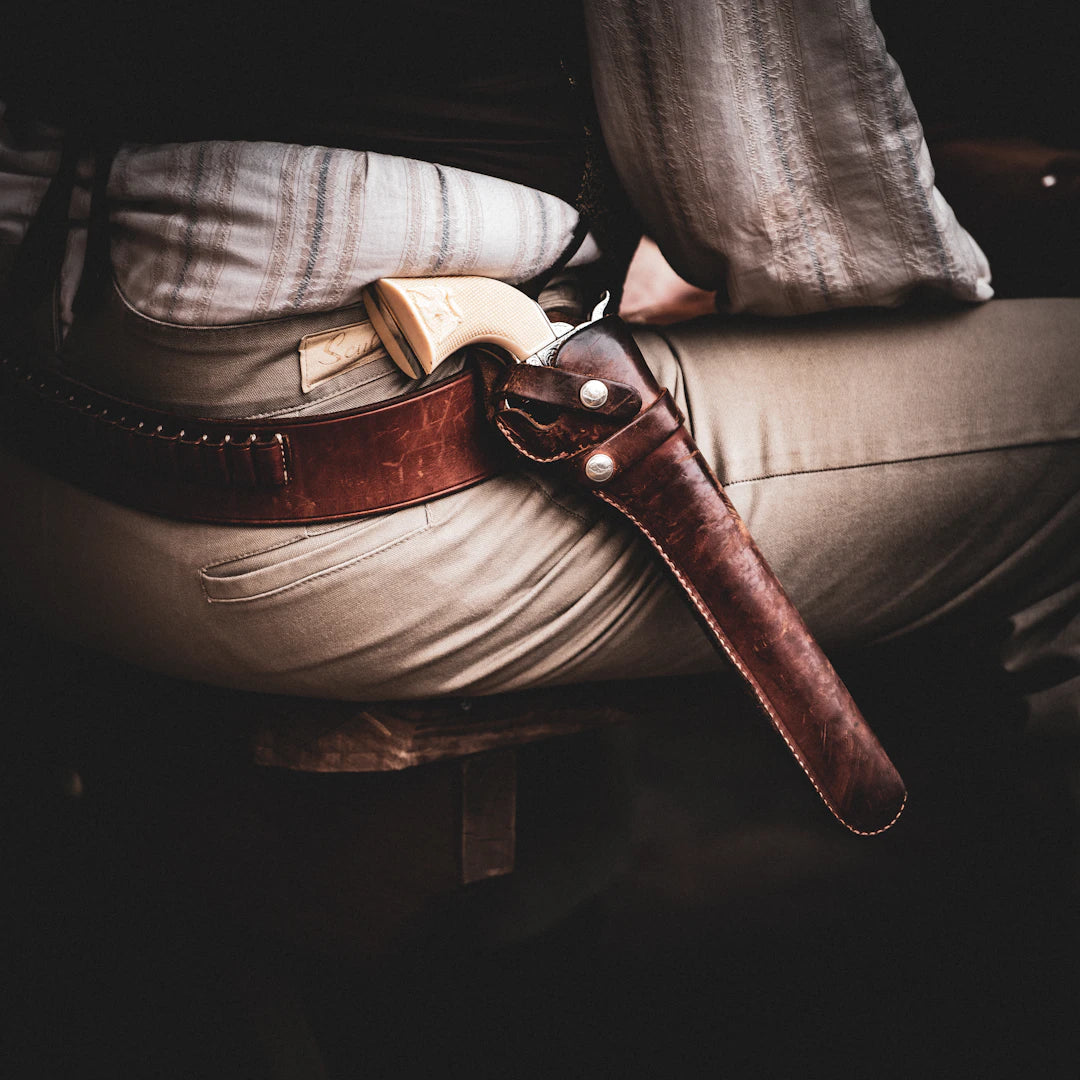



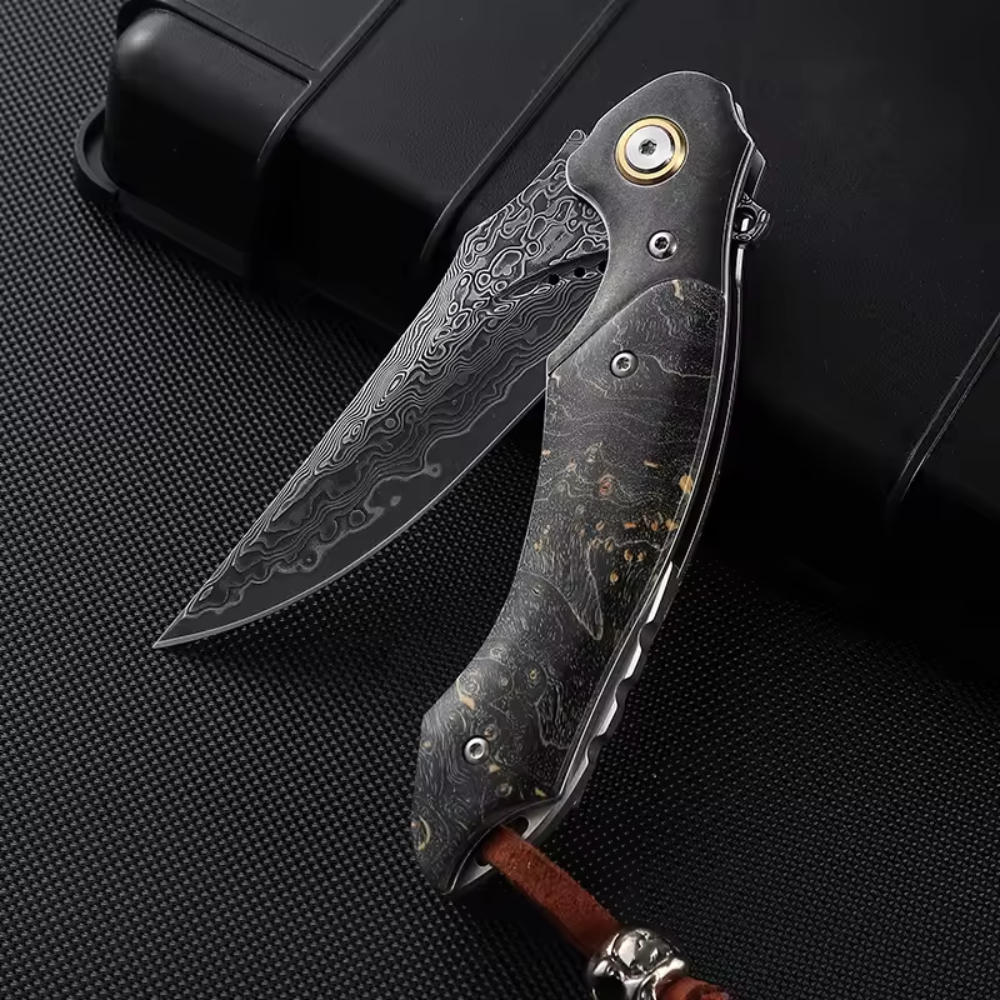
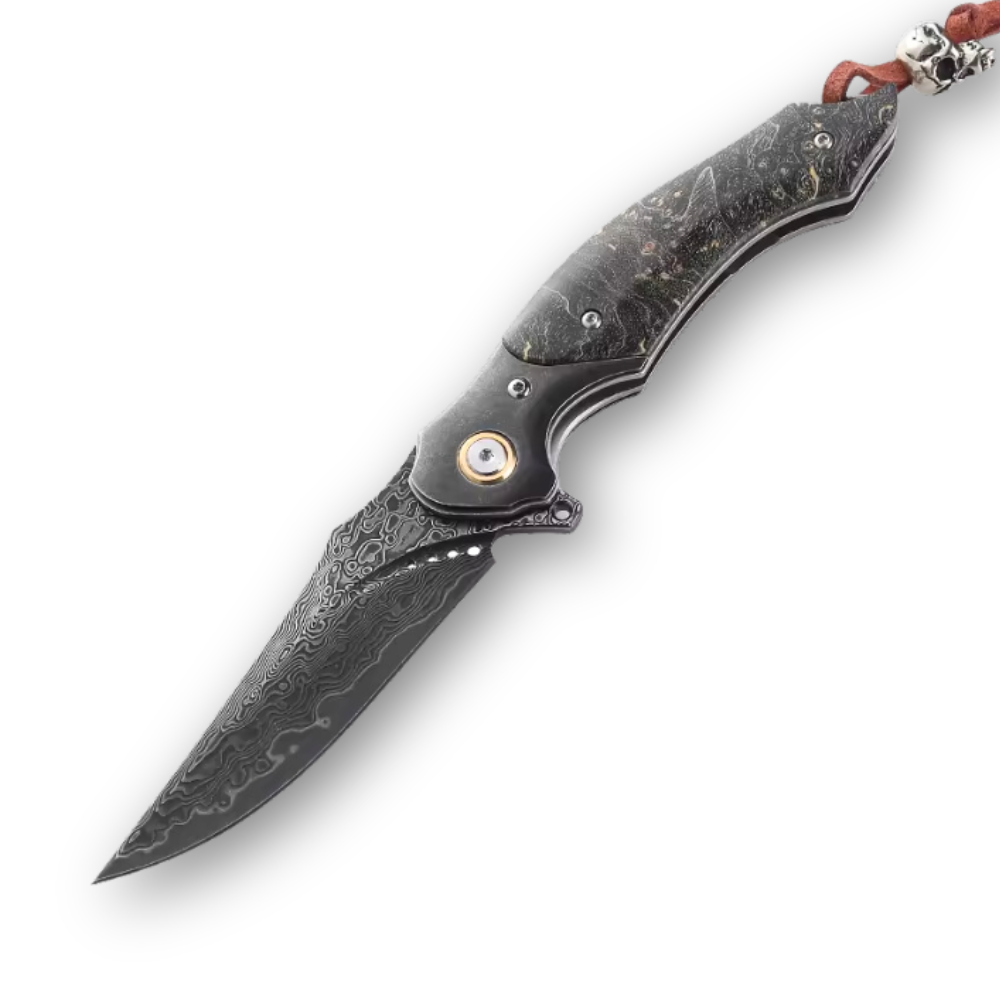
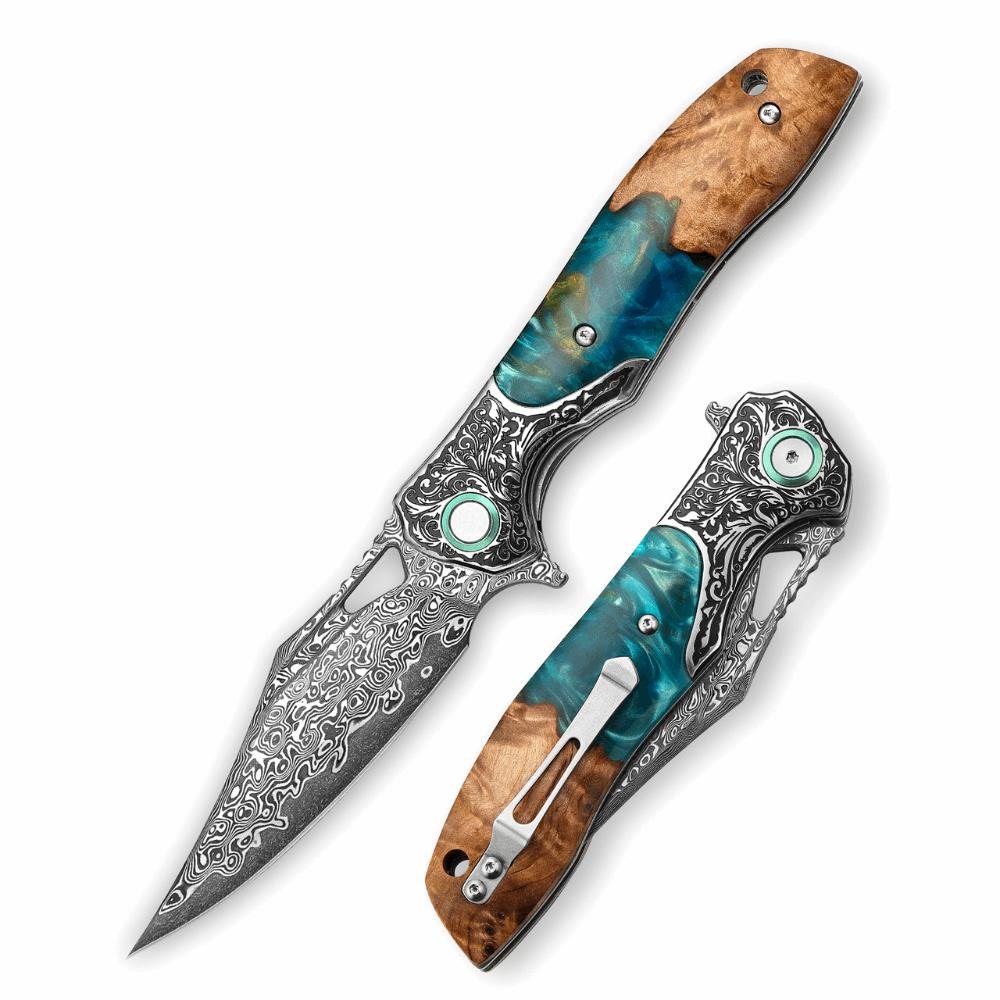
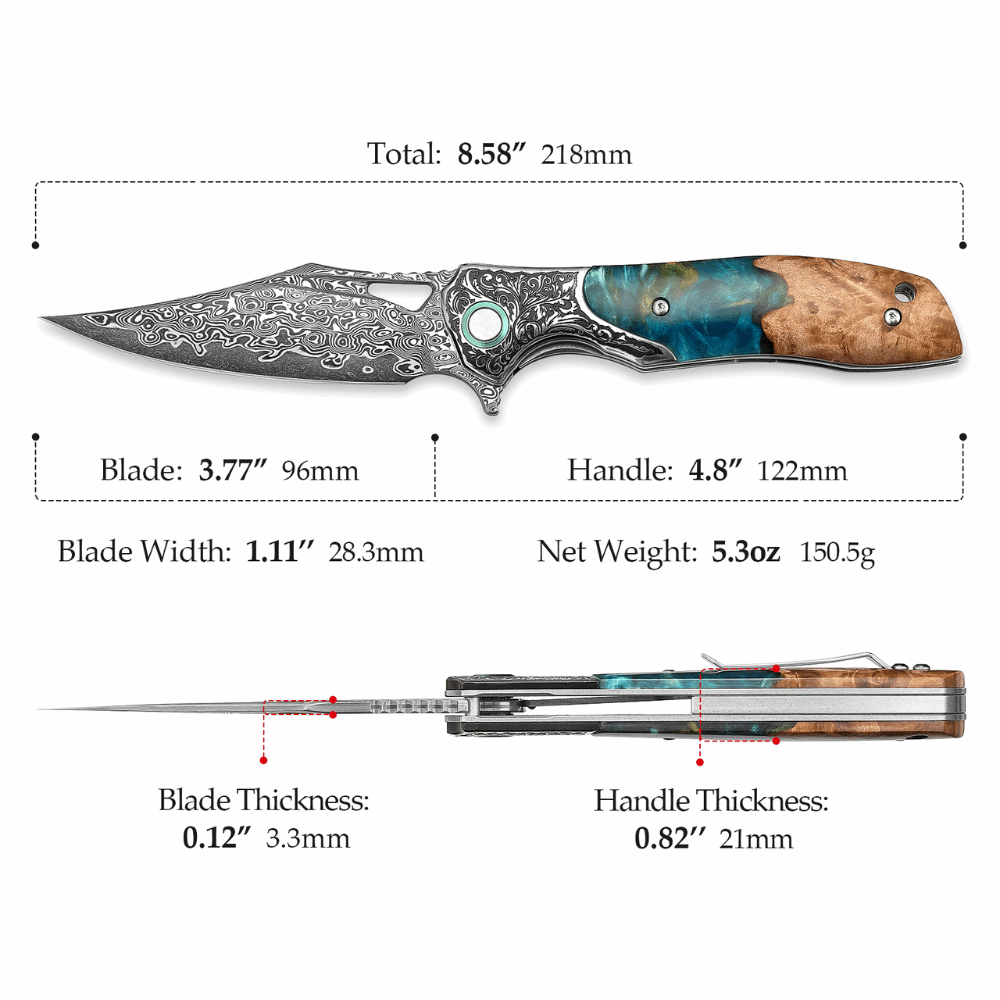
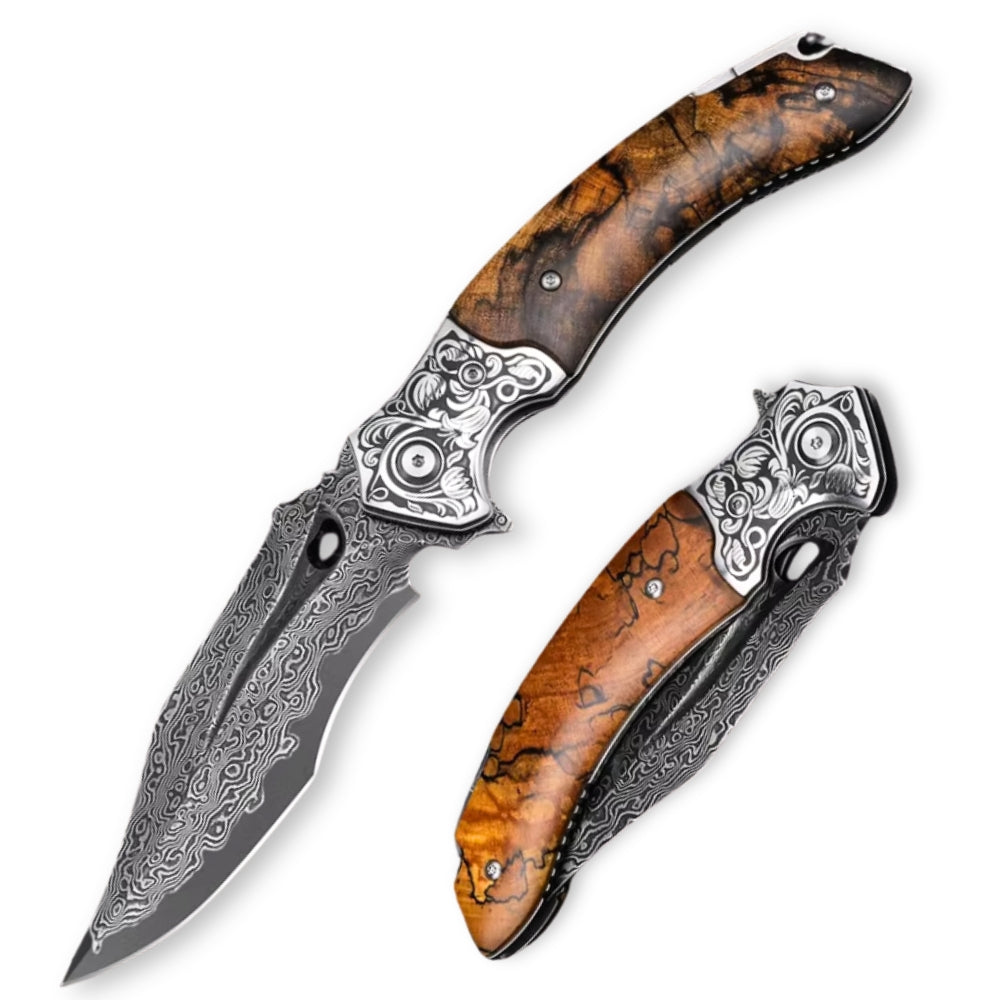
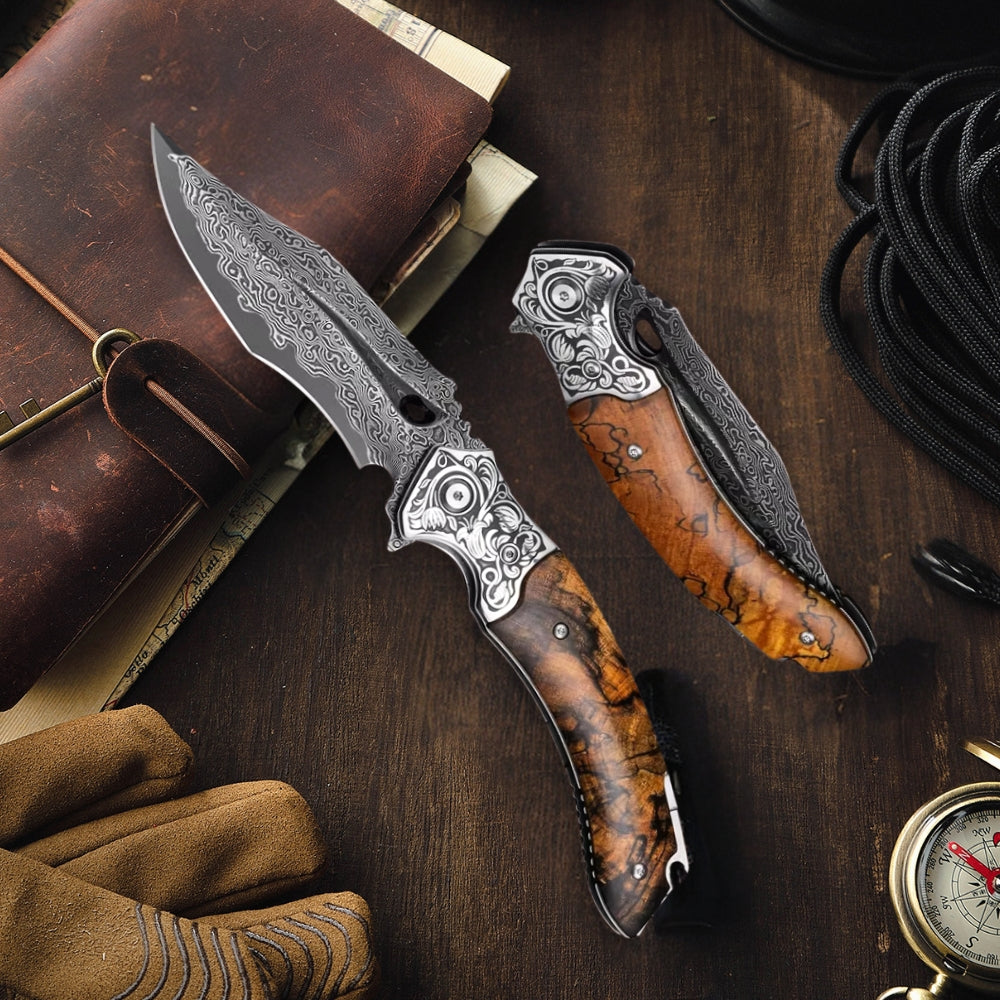
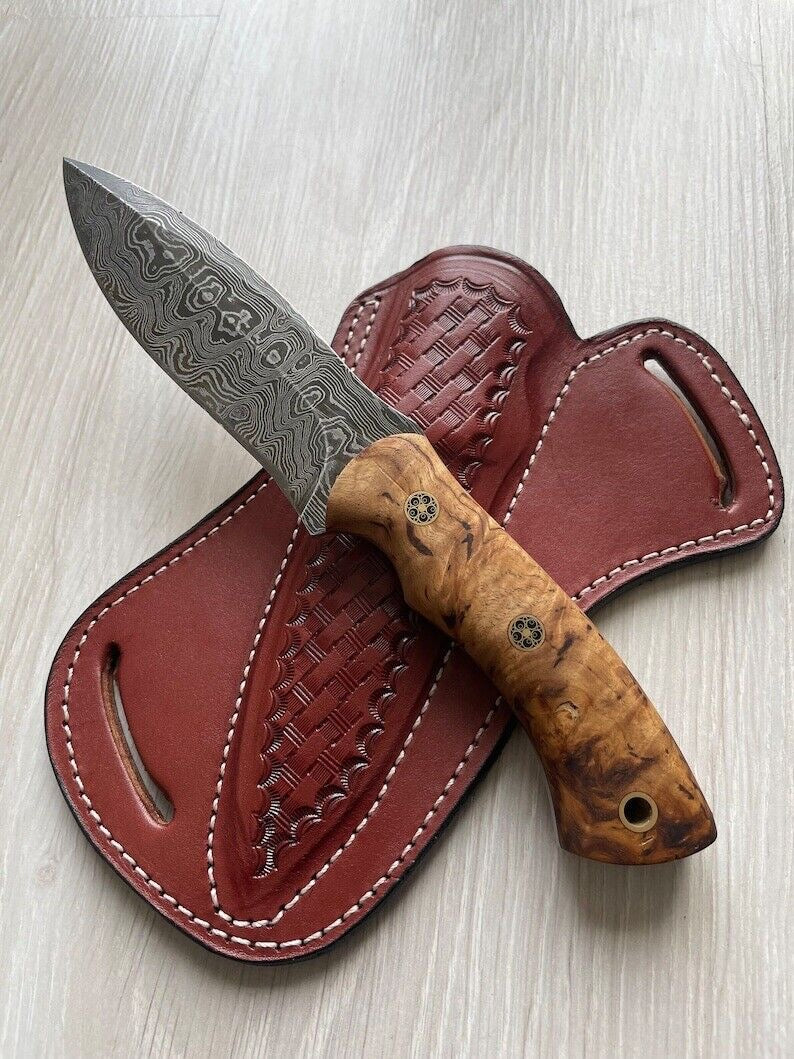
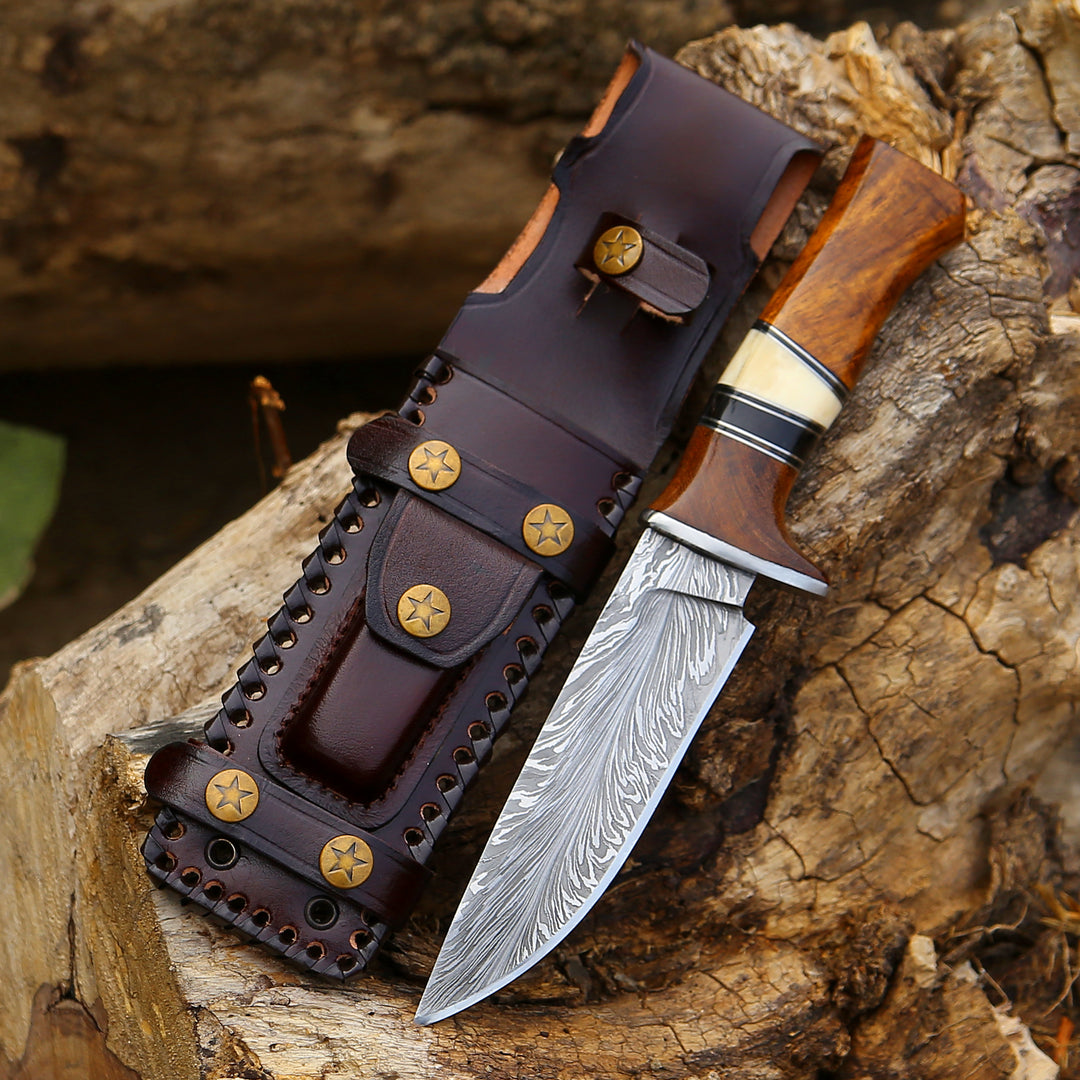
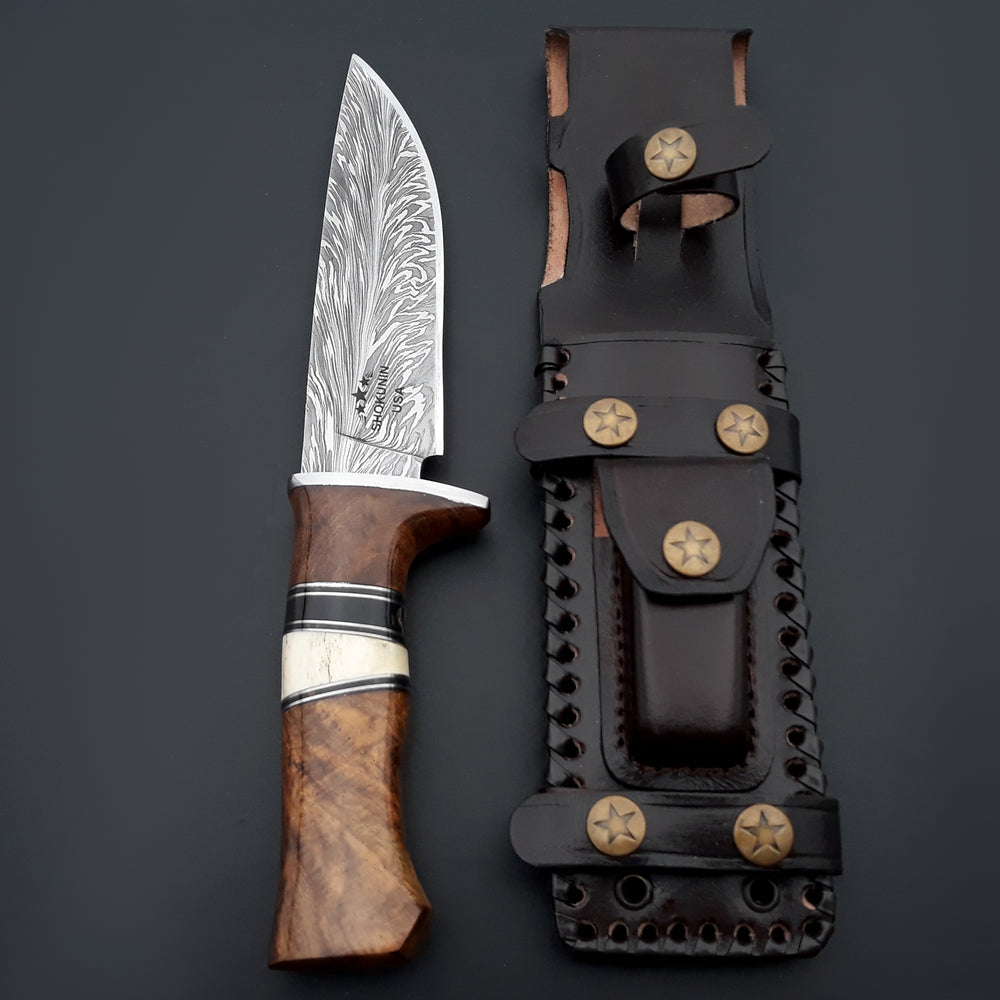
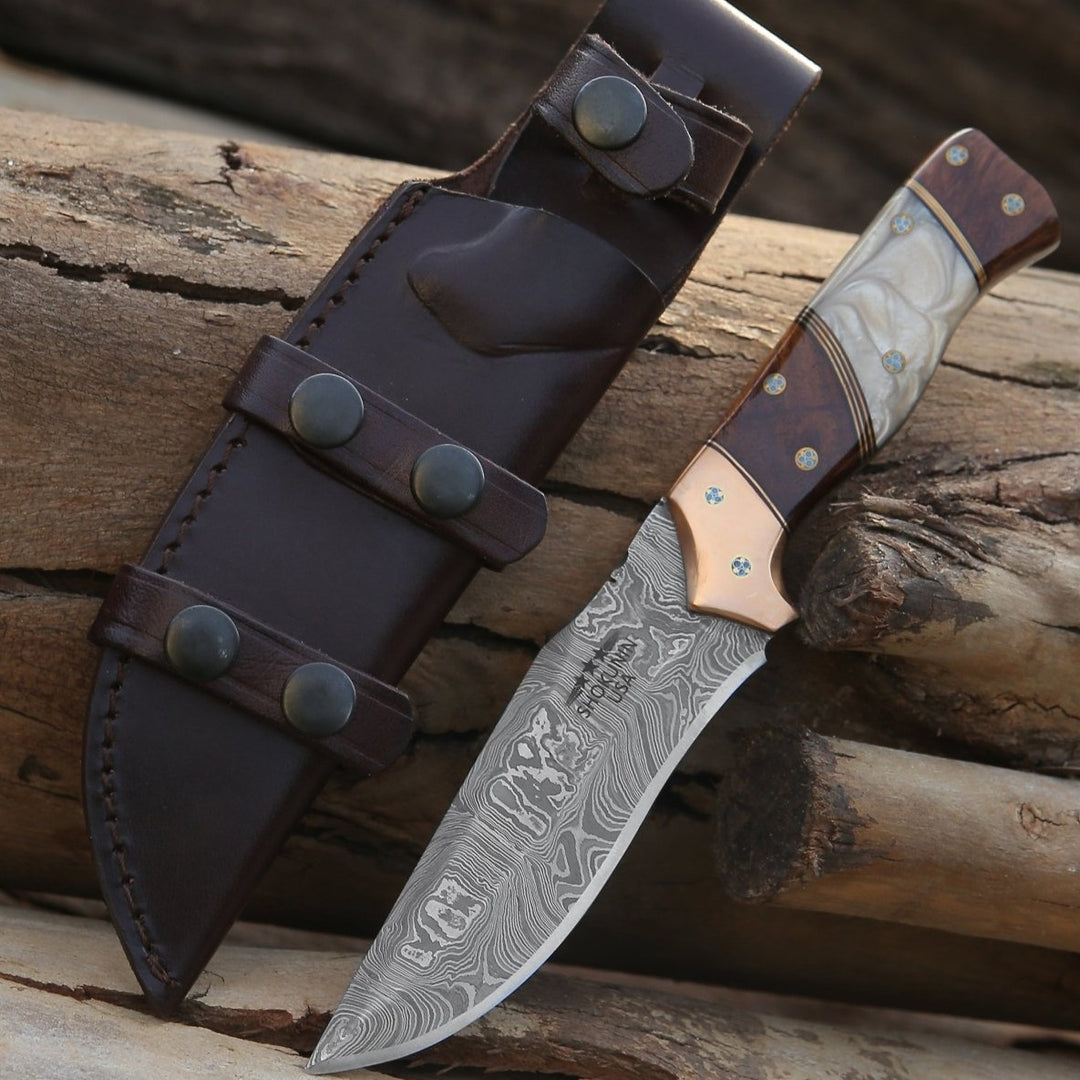
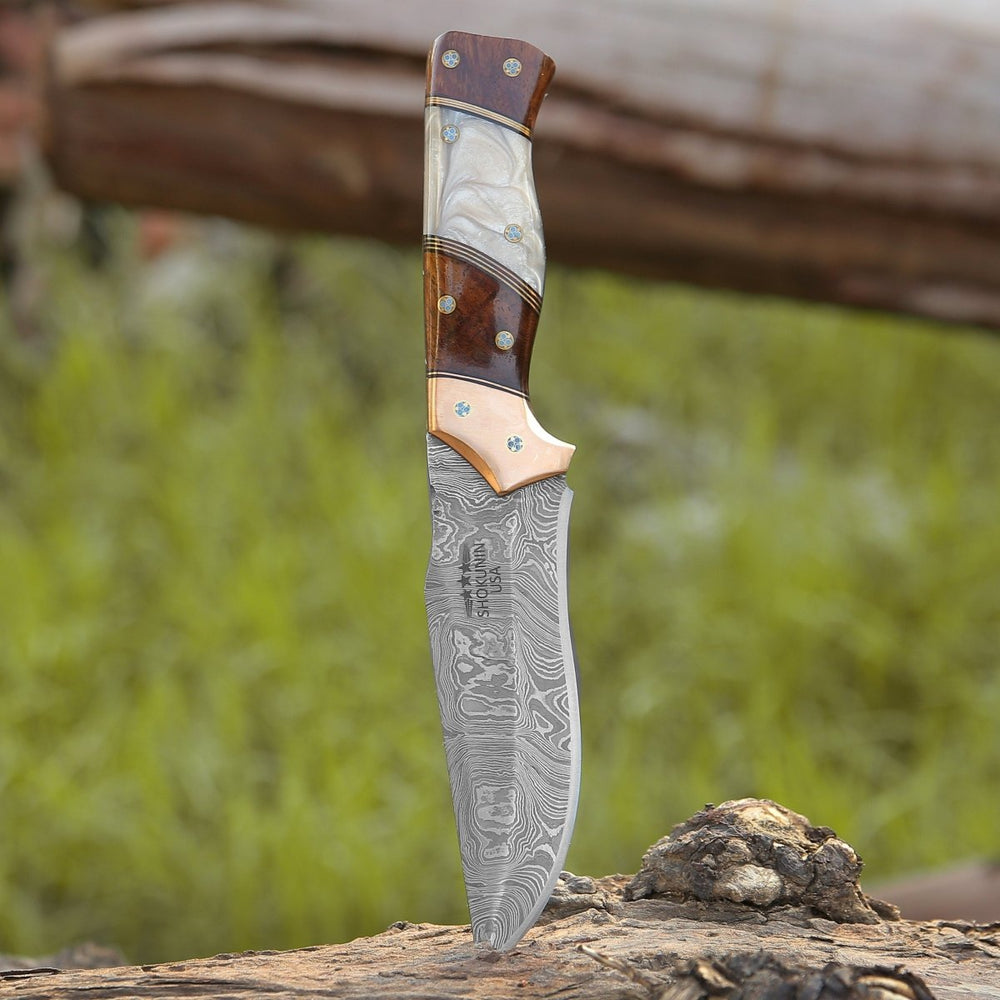
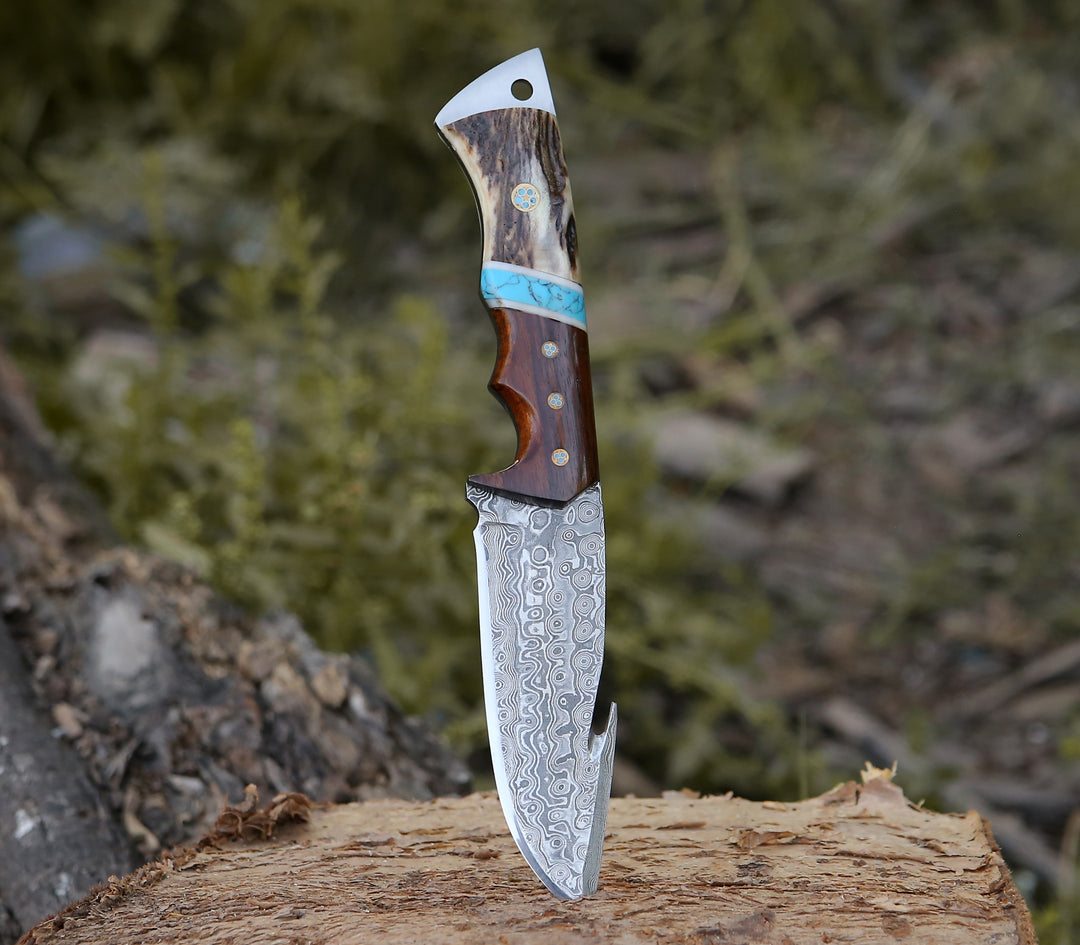
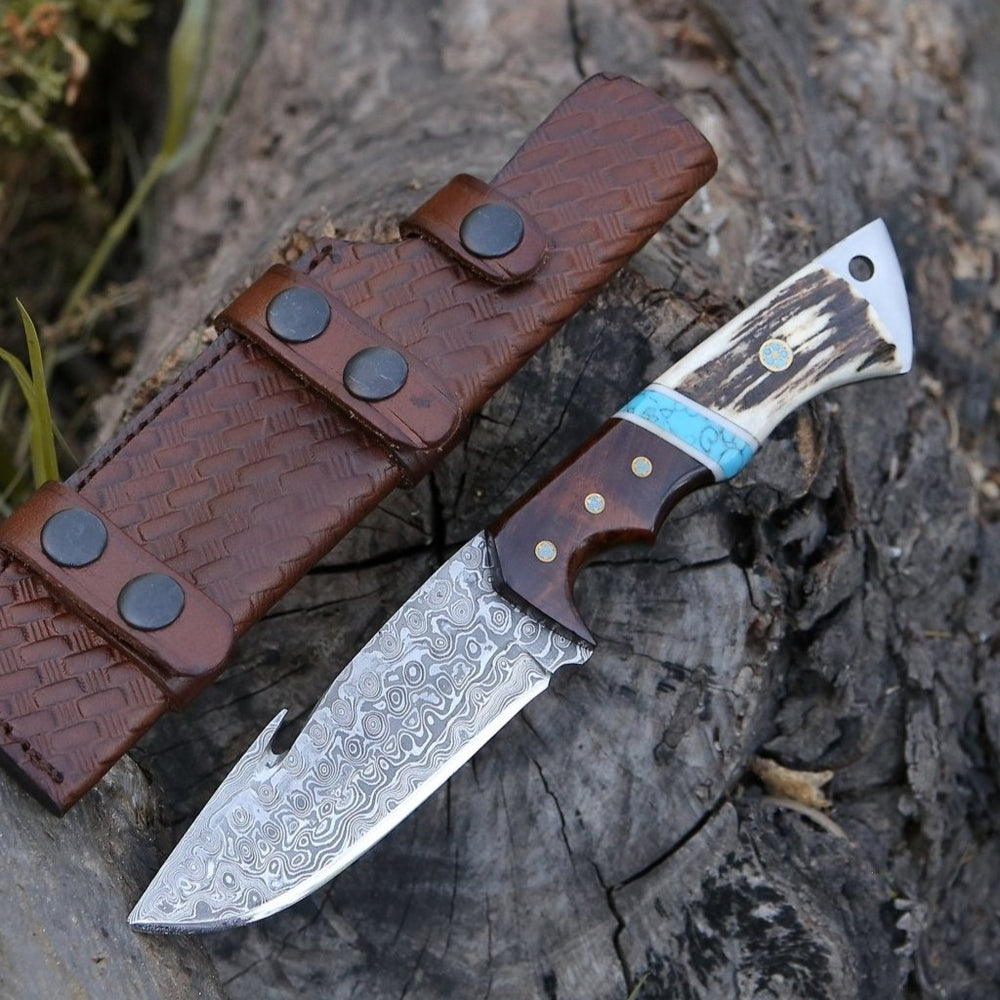
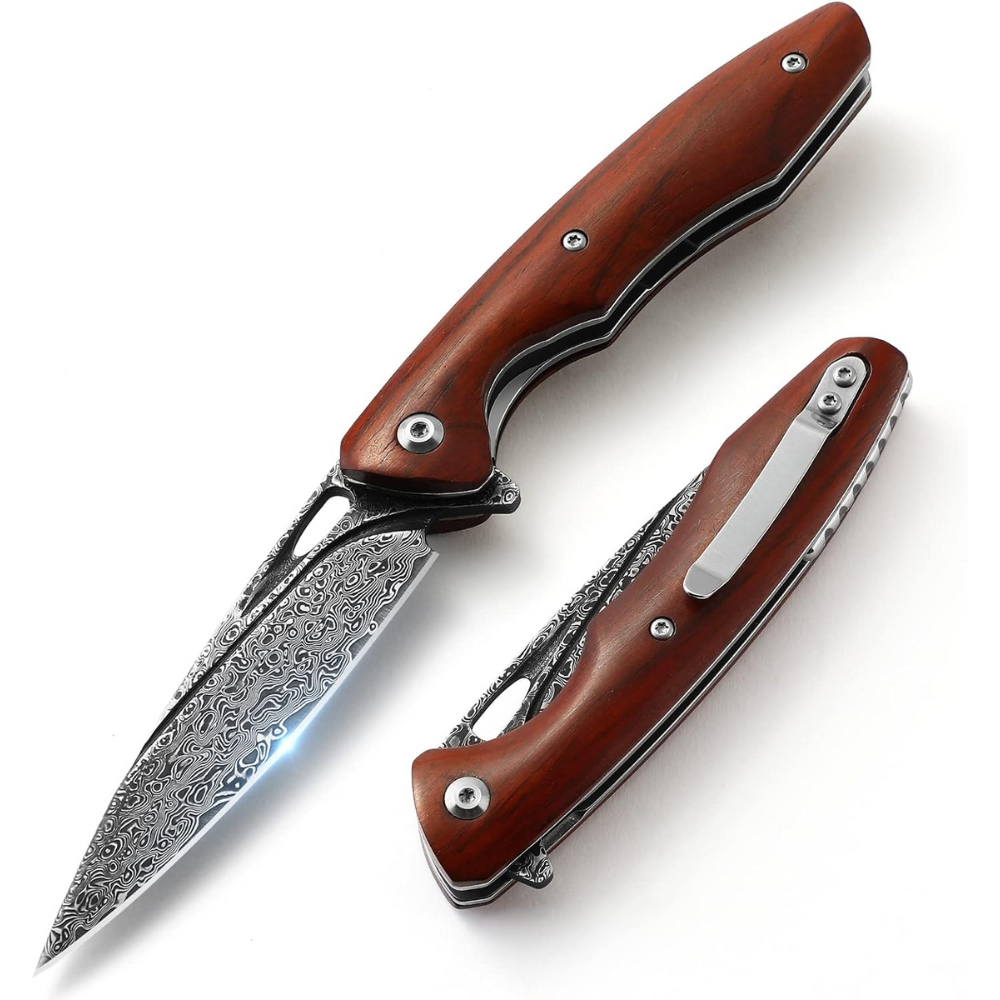
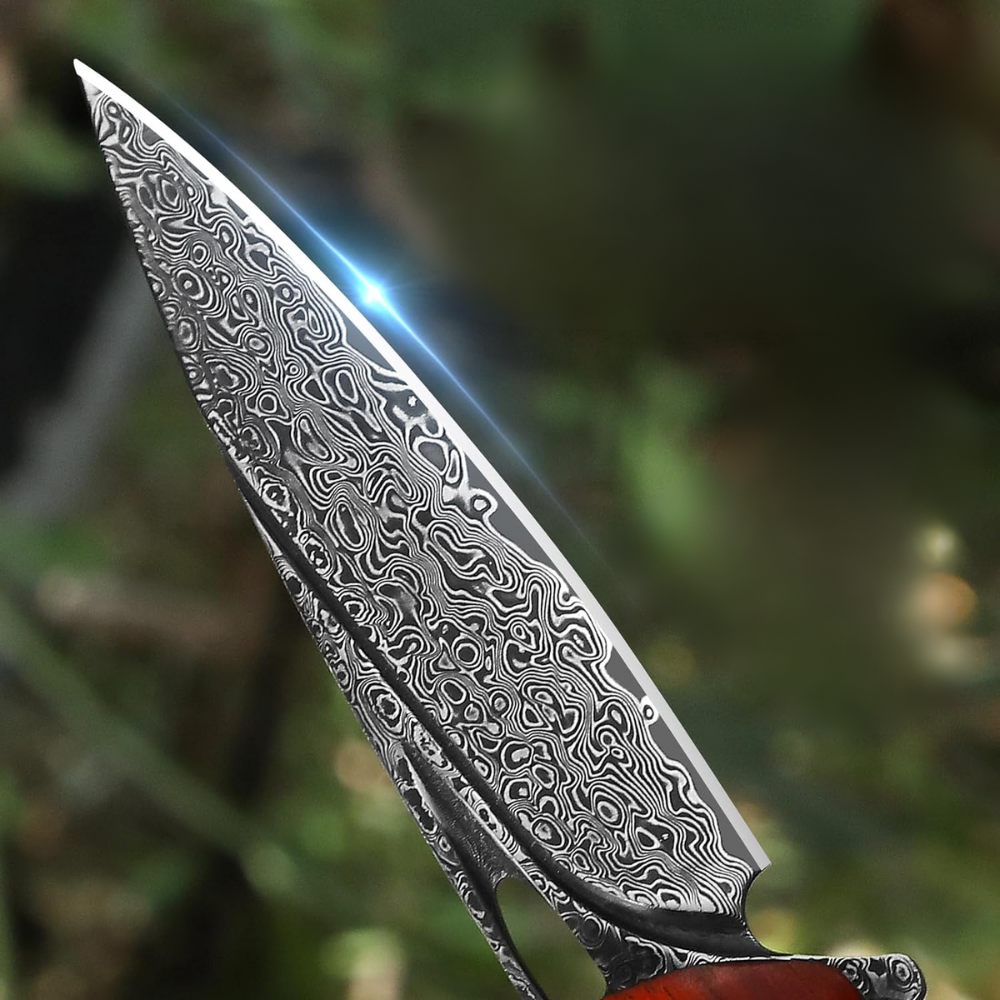
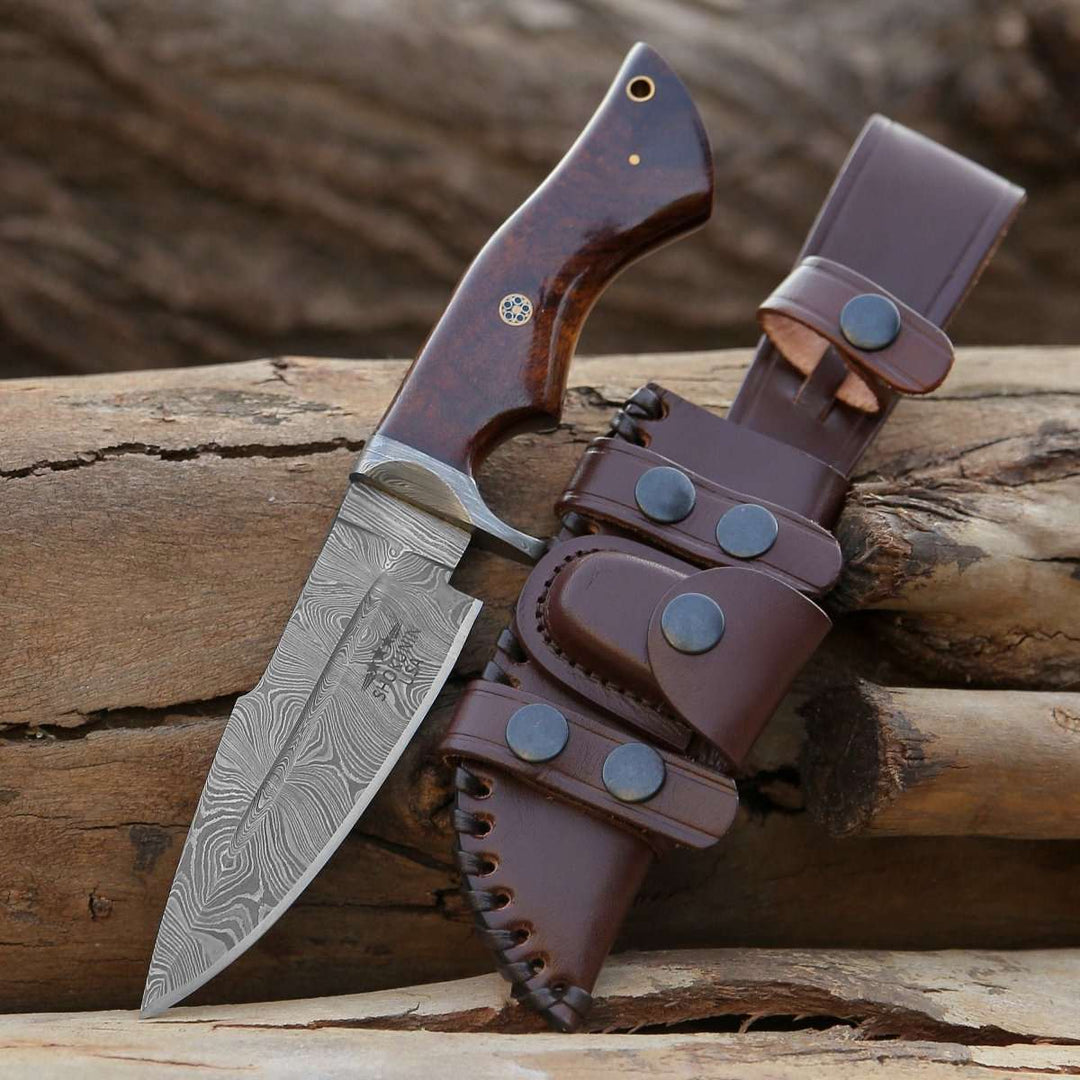
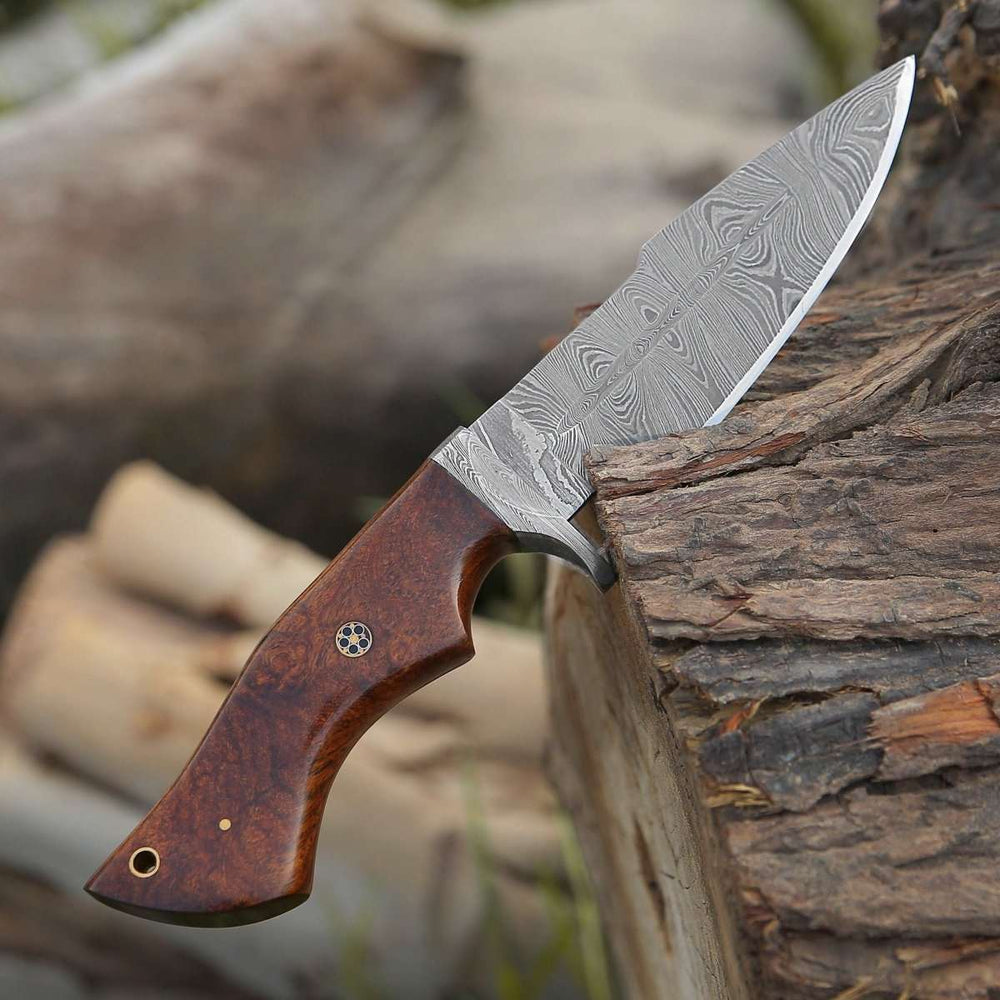
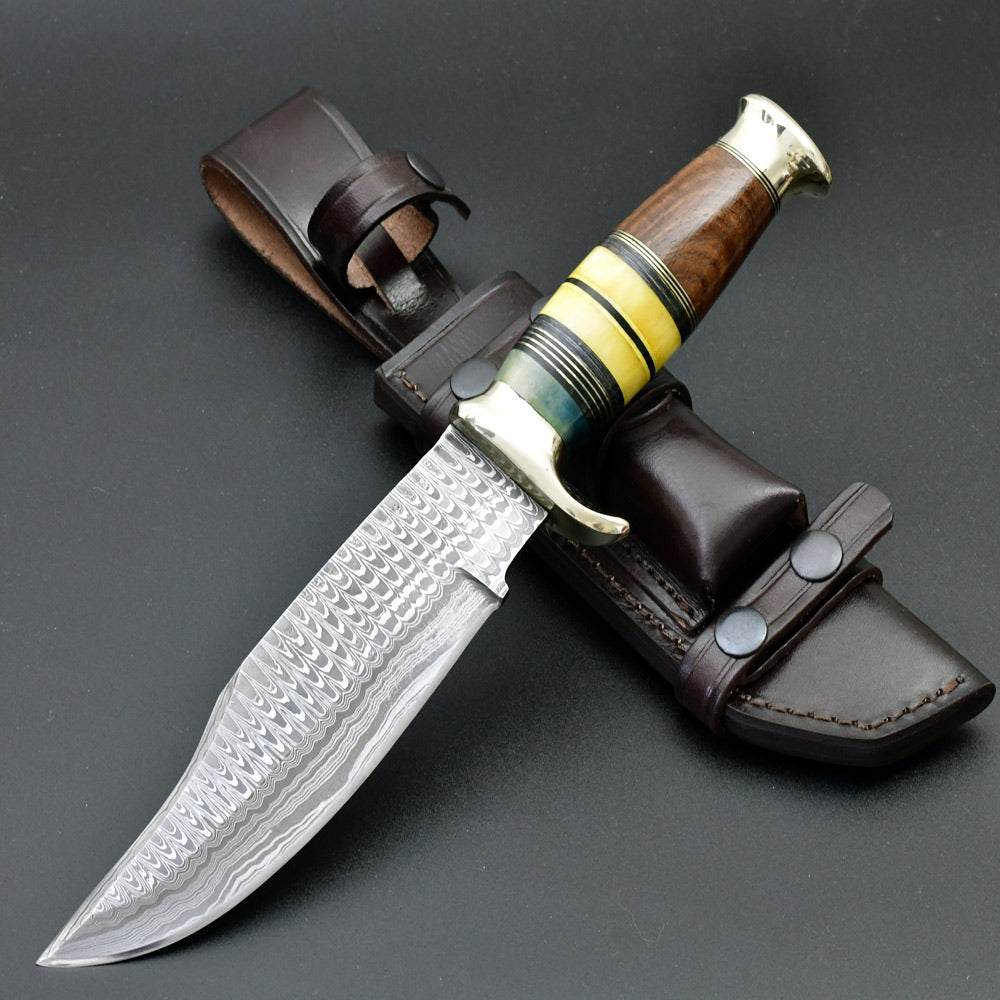
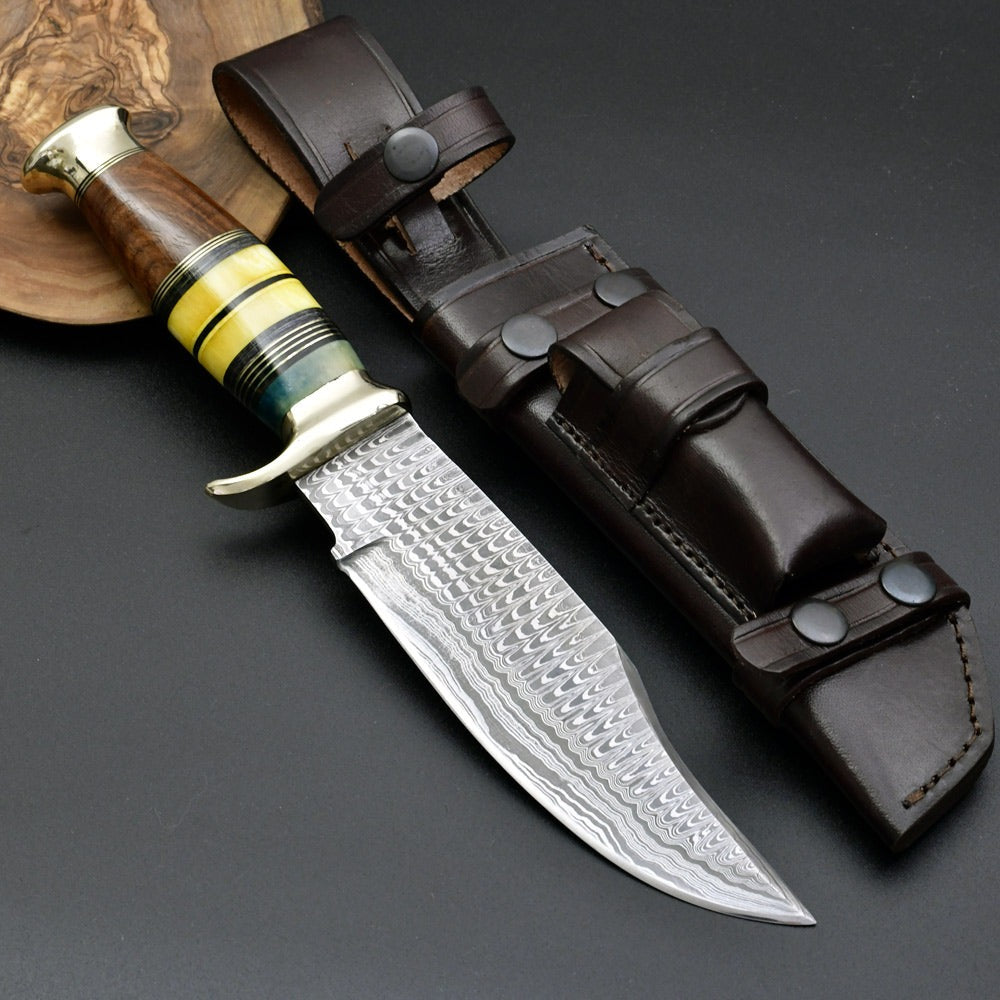
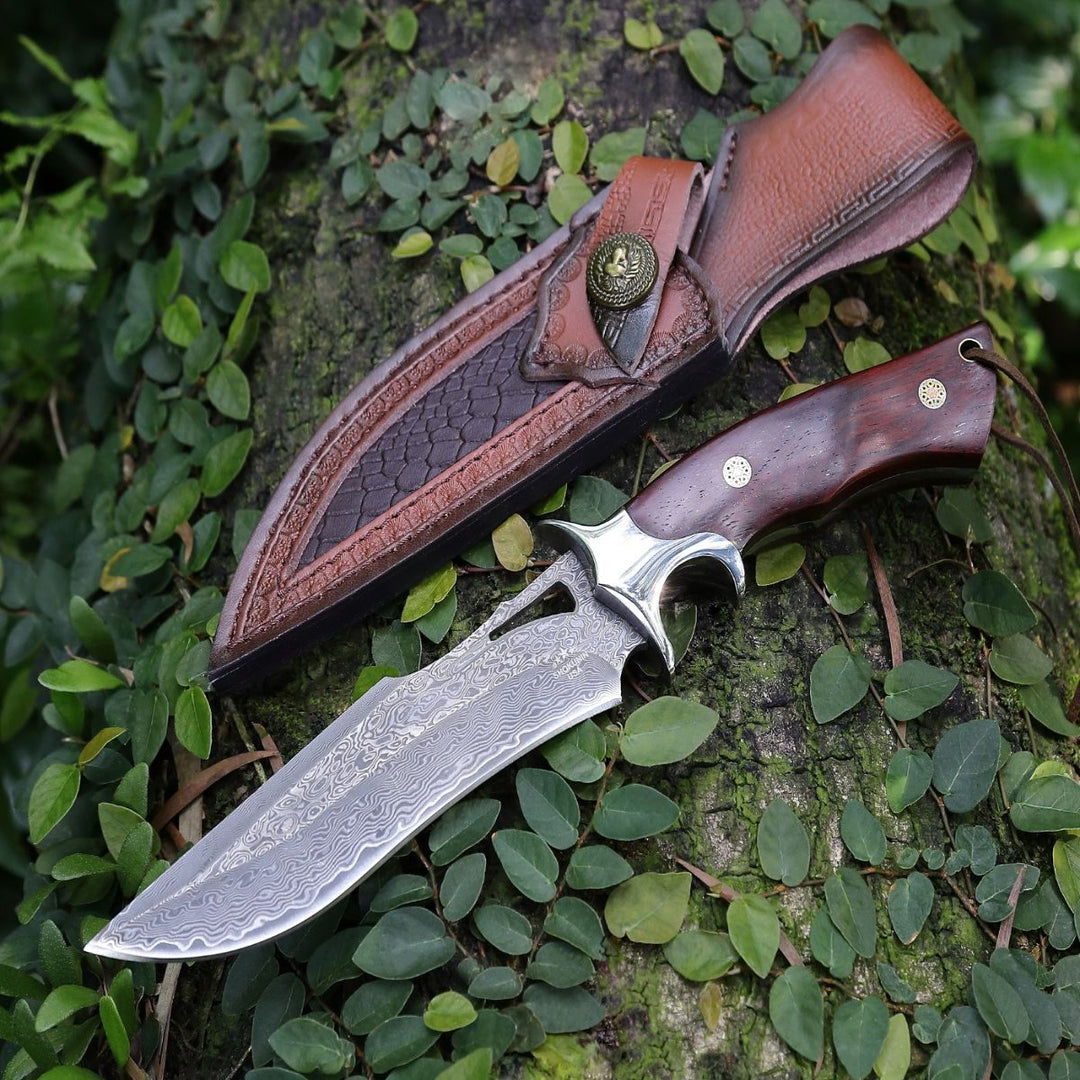
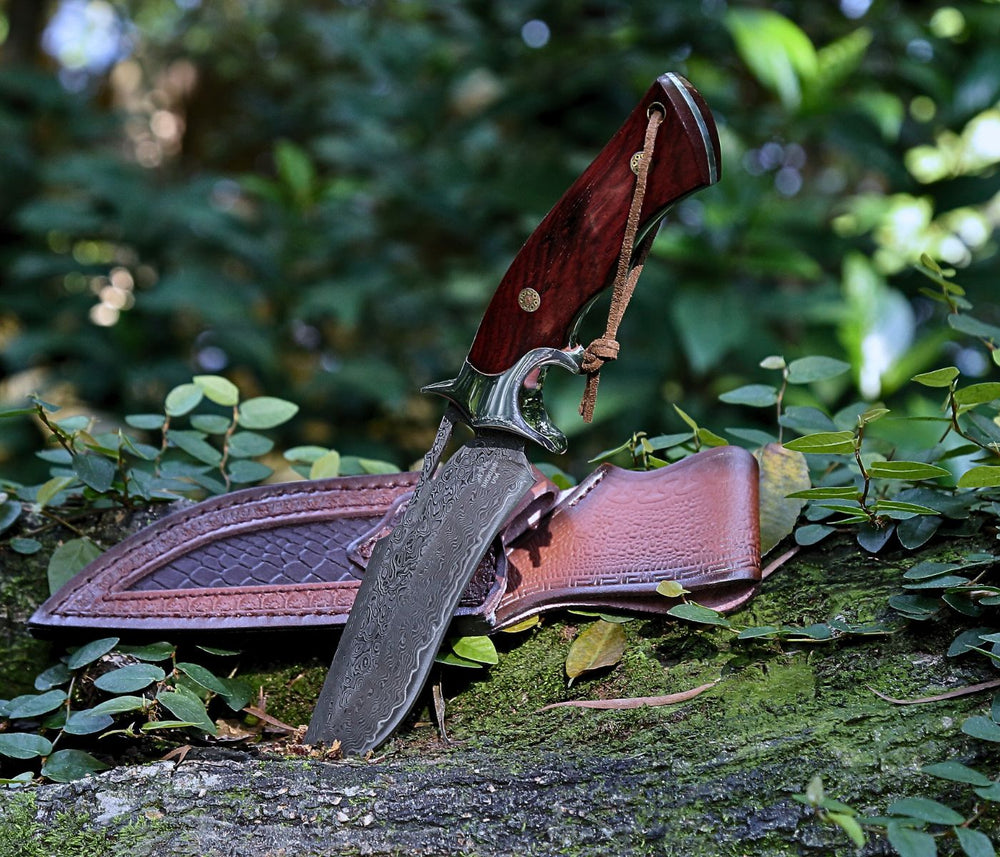
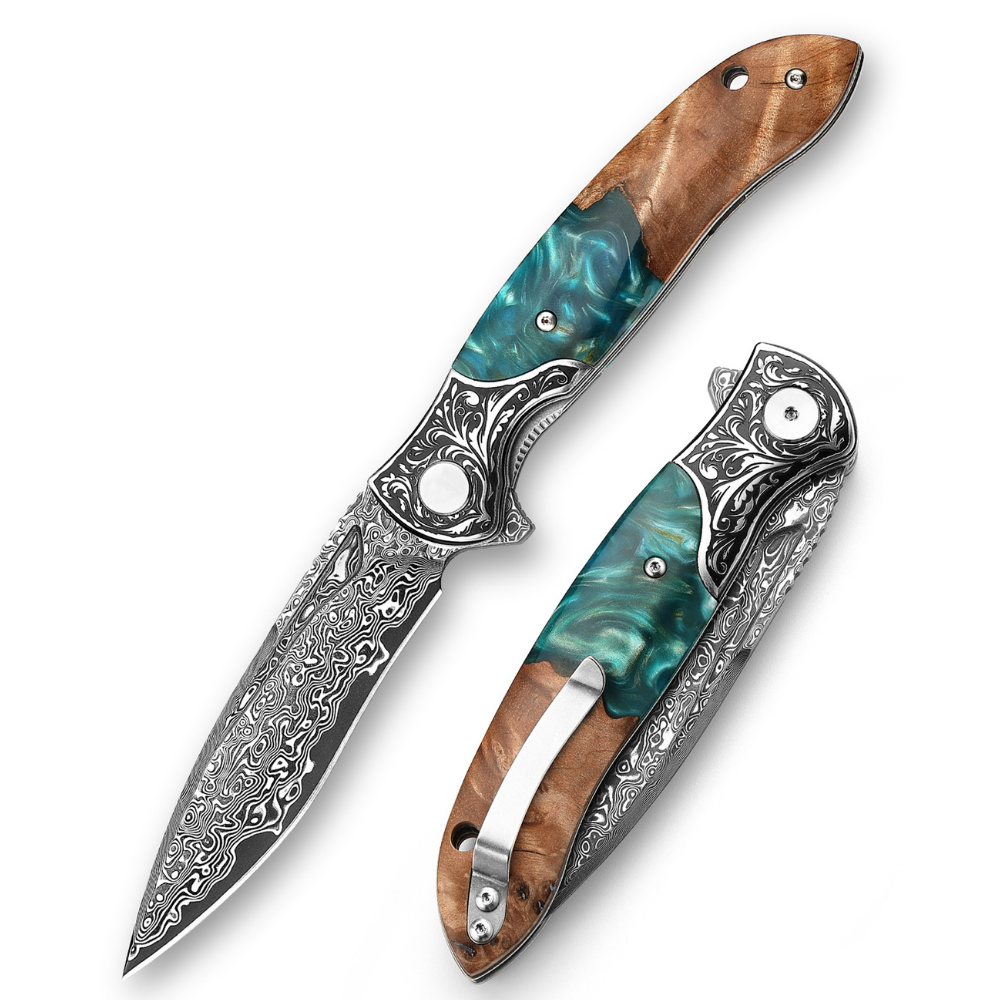
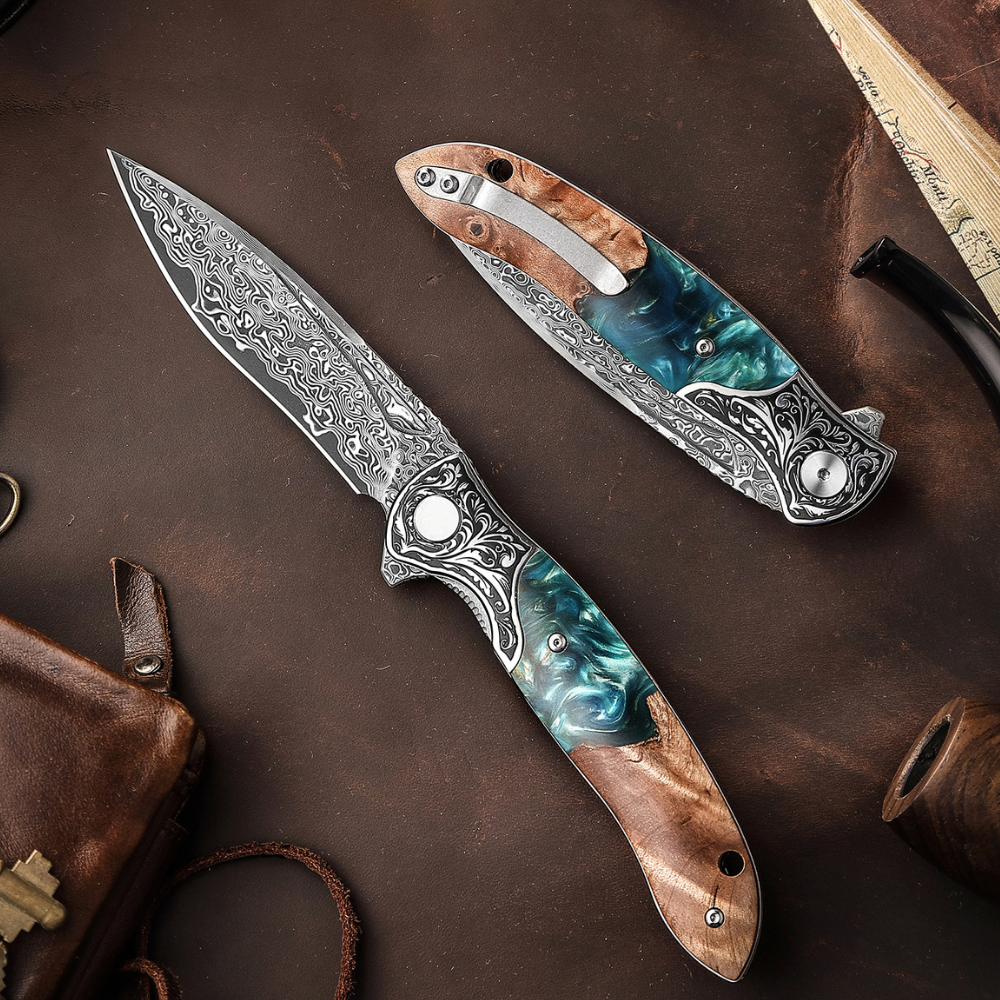
Leave a comment